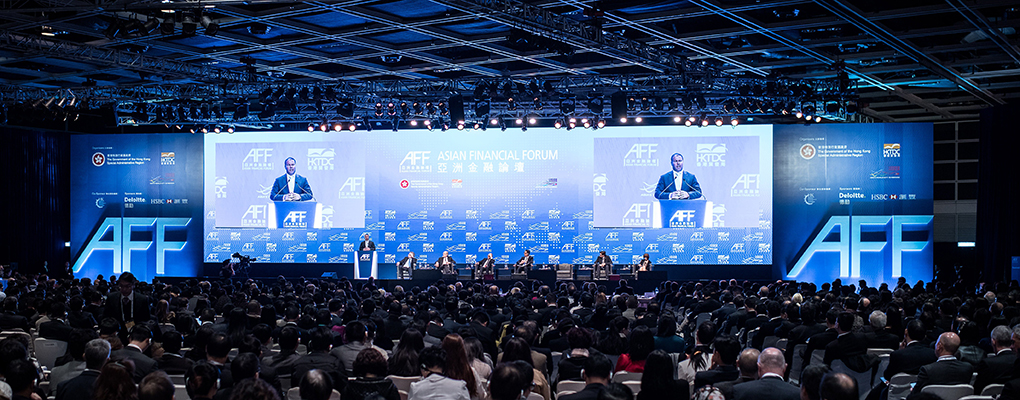
“The country desperately needs financial markets to function properly rather than rely on state-owned banks to allocate capital. The allocation system has become a threat to the legitimacy of the communist value of China.”
While a diminutive figure, Hye is an imposing presence in the asset management sector in Asia. He stands at the helm of investment juggernaut Value Partners Group Limited as Chairman and co-Chief Investment Officer. The company is one of the largest AMFs on the continent, with assets of $12.6bn.
The group actively invests in Greater China capital markets and is now expanding its reach into mainland and Taiwan.
Pressure for transparency and regulatory reform has been more pronounced
His firm is just one of many that is taking advantage of the country’s increasing exposure to international investors. According to the World Bank, FDI net inflows have been on the rise in China from 2010 to 2014, up from $295,625,587,109 in 2012 to $347,848,740,397 in 2013.
As such, pressure for transparency and regulatory reform has been more pronounced, particularly as asset managers compete for fickle foreigners.
Hence, the paradox of a Chinese government that is helping to court foreign investors while not undertaking rapid and robust capital market reform is not lost on captains of industry.
“I believe Hong Kong’s most urgent need now is to come out with positive political and social solutions”, Hye said. “This time if we miss the bus, you can’t come back again. Competing financial centres will surely benefit from our problem.”
According to a recent report by the Peterson Institute for International Economics, the past decade saw China’s bank-dominated financial system “rapidly” transform. The prominence of non-bank financial institutions and capital markets was replaced by a multiplicity of investment vehicles, including trust loans, entrusted loans, bankers’ acceptances, corporate bonds and equity issuances.
Yet the report adds that the “trend of financial development in China has been sub-optimal”. The fastest growing elements of the new financial system include those associated with the shadow banking system.
Though Hye boldly criticised the government for its low threshold for direct financing through capital markets, he is part of a growing international consensus around China.
This community reached a new critical mass after the publication of the State Council’s (the country’s cabinet) May 2014 New Nine Measures document, a comprehensive follow-up to an earlier version that was intended to deepen capital market reform. Though the document sets out clear plans to engage with new financial instruments, state coordination remains in control of several proposals.
Despite open criticisms of the government, China’s investment trajectory is indisputable. It is this realisation that keeps bringing even the most cynical market players back for more.


